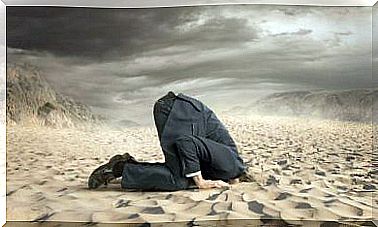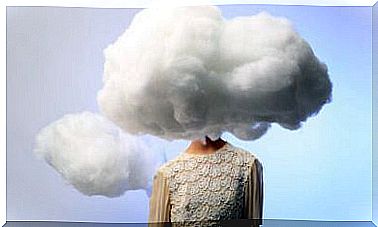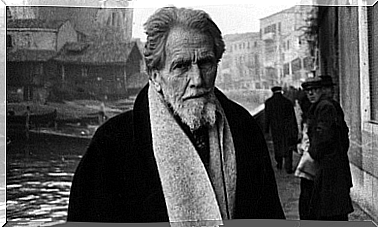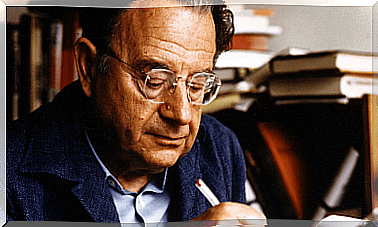Education And Psychology: The Relationship
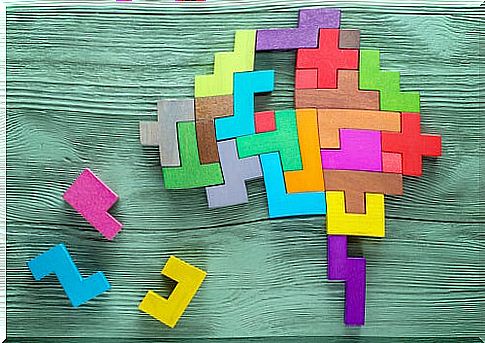
The relationship between education and psychology is intimate. In fact, if we look at the history of civilization, we can see how concepts of philosophy, psychology and education have been fused in certain particular conditions since ancient Greek times.
On the other hand, we can say that education is the process of human constitution, focused in a special way on the transformation of the subject so that it becomes what we call a social subject.
In the educational process, various variables are taken into account, especially in the psychological aspect. Taking advantage of these variables to form autonomous subjects that interact with a known social reality is essential for it to be successful.
For its part, psychology explains the subjective constitution of the human being. Thanks to this discipline, we know different internal phenomena of people in relation or association with different variables, such as those of the physical context (eg: temperature) or social (eg: belonging to a group). For this, elements such as the acquisition of identity, internal modifications and use of potential are studied.
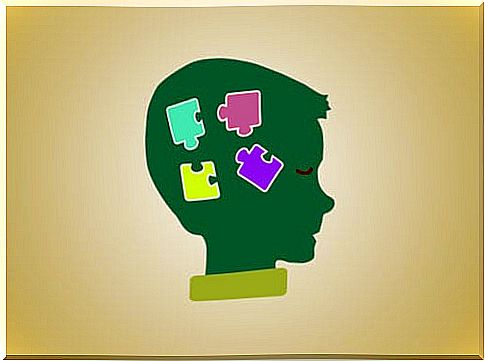
Education and psychology: a relationship with substantial implications
Psychology and education, together, can explain the link between knowledge and its modality.
Psychic functioning is observed and what is known, what is not known and how it is linked to people in their social life, in relation to groups of belonging and their participation in institutions, is studied.
It is said that it was philosophy is the mother science that gave rise to all the others. Moreover, many experts consider that it is from the philosophical science that education and, later, already in the nineteenth century, psychology is born.
Having said this, it is considered that psychology aims at the knowledge of the human being on different levels, such as the social or – by contrast – the individual, from different points of view: internal and subjective, compared to external and “objective” .
For this reason, through his study of human behavior and experience we have identified those variables or factors that make us teach better or learn better.
Education and psychology: relationship and currents
Next, the intersection between education and psychology is explained through the most important currents that have marked it.
Structuralism
Pertaining to positivism, it was proposed by Wundt. It highlighted the value of mediation and objective experimentation “of the fact” for the scope of scientific knowledge.
Here, psychology moves away from philosophy and towards experimental education based on observation.
Functionalism
In this case, we focus on Dewey’s theories. This psychologist considered that during education, the needs of the student were more important than the content to be taught.
Dewey broke with Wundt’s structuralism by understanding that human behavior should not be decomposed into various elements. Here, what is necessary is the knowledge of the functioning of the human mind for its subsequent application to everyday life.
Behaviorism
We now access Watson’s postulates, whose study of environmental stimuli causing organic reactions is the basis of his theory, called stimulus-response.
Emotions and knowledge are set aside if something cannot be quantifiable or objective.
The Gestalt
This theory made a major contribution to the relationship between psychology and education. The real elements are not separated, they come together in wholes and structures.
In other words, the human being is capable of working with sets initially made up of parts, obviating the division that could exist in the beginning and benefiting from the fact that, usually, the whole is, frequently, qualitatively different and superior, to the sum of the parts.
Psychoanalysis
The main promoter of the theory of psychoanalysis was Freud, who established a deep level in consciousness (or, rather, unconsciousness), the unconscious.
In this development, it was established that a good part of our behavioral repertoire was founded on entities that we did not process consciously.
Advertising is perhaps the one that has tried the most to exploit this way to make us internalize the associations that interest a certain brand the most.
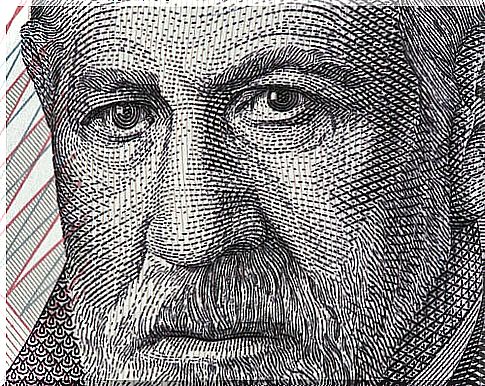
Genetic psychology
Based on the theories of Jean Piaget, the studies focus on the development of human intelligence. They start from the genesis of structures, analyzing the evolution of intelligences in stages allowing certain learning that becomes more and more complex.
Sociocultural psychology
We end with Vygotsky’s theory, which considers the cultural and social origin of the individual vital for their development and education. The subject is social. Thus, thanks to education, he is able to develop, train or fine-tune his higher psychological functions, such as thought and language.
As we have seen, whether from one point of view or another, psychology and education are closely related. An association that is rooted in basic psychological processes, such as memory, attention or learning.

